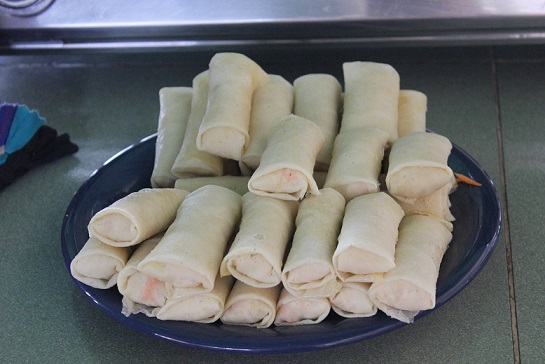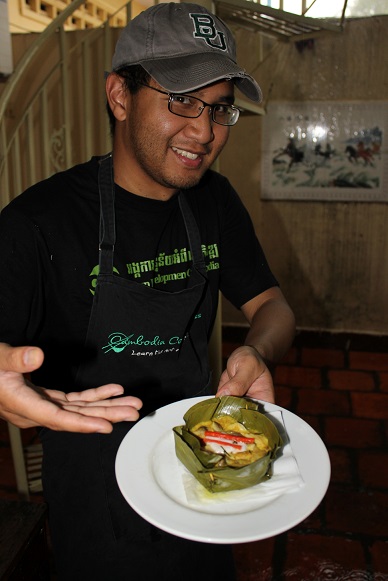Proposed Laws on NGO Registration and Cyber Crimes: Cause for Concern?
The days are definitely getting busier as the end of my internship approaches! I’ve finished a third draft of my report on Cambodia’s rubber plantations and have sent it to be reviewed by EWMI’s legal staff. The entire process (ex. incorporating feedback from others, rechecking my sources, constant re-writing) has helped me better understand the demands (and rewards) of legal writing. I am hoping that my paper will eventually be published as one of ODC’s briefing pages.
My boss has also decided to send a team to Kratie, Ratanak Kiri, and Steung Treng provinces to collect on-the-ground data of rubber plantations in these respective areas. I am excited to be joining this team next week! Part of my responsibilities will include talking to indigenous communities affected by land concessions and taking geo-tagged photos that pinpoint the exact location of plantations–both listed and unlisted in ODC’s database. Many agro-industry projects are not publicized in government records; however, after our trip, we will be able to update the database and provide the public a more accurate account of the sizes and consequences of rubber plantations in Cambodia.
In addition to finalizing my research on rubber, the other interns and I have been learning about drafted laws in Cambodia that–if passed–may have serious implications for ODC and freedom of expression in the country. One such law is the proposed cyber law. Public displays of criticism or reports on controversial issues are not often broadcasted by traditional media outlets. Therefore, many Cambodians look to online news sources, like ODC, and social media sites to learn about events in the country that the government would prefer were not publicized. Passage of the cyber law would threaten and criminalize online speech that “incites” the general population or “generates anarchy." Content that “generates insecurity, instability” or threatens “political cohesiveness” would be subject to criminal liability. Violating the proposed law is punishable by one to three years in jail and a fine of up to $1,500 USD. This is particularly concerning to ODC because the organization is dedicated to providing objective, open source data, such as news articles and briefings on contemporary issues, to the public.
The draft law on non-governmental organizations (NGOs) is another cause for concern. If passed, the law would make registration of NGOs mandatory and would ban any groups unregistered with the government. The proposed law has been met with criticism and civil society groups claim it endangers the right to freedom of association. Passage of the law would not only implicate the estimated 3,000 NGOs in Cambodia, but would also prevent refugees, stateless persons, and other non-Cambodian residents from forming associations. In fact, Dr. Surya Subedi, Cambodia’s UN Special Rapporteur who I met last month, has urged the government to review the draft law for further consideration.
This past weekend, I joined a traditional Khmer cooking class and enjoyed making dishes such as fish and vegetable amok and spring rolls! Our class started at the morning market, and we were taught how to buy/bargain for the ingredients. Not very experienced in cooking, I still had a great time and will try to make some of these dishes back in Williamsburg! If in Phnom Penh, be sure to check out Cambodia Cooking Class!

Learning how to make 'chaio yor' (Khmer fried spring rolls)


Vegetable amok